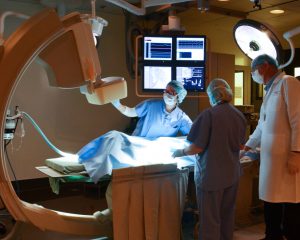Who brings what to the table? Artivion’s Deepal Stevenson, M.S. shares her insights on the client / CRO relationship for effective, efficient preclinical studies and reports.
Life science companies of all shapes and sizes rely on preclinical contract research organizations (CROs) to generate the data and reports required to bring their innovations to market. To do this effectively, and in a capital efficient manner, each entity needs to understand what they need from the other, when they need it, why…









